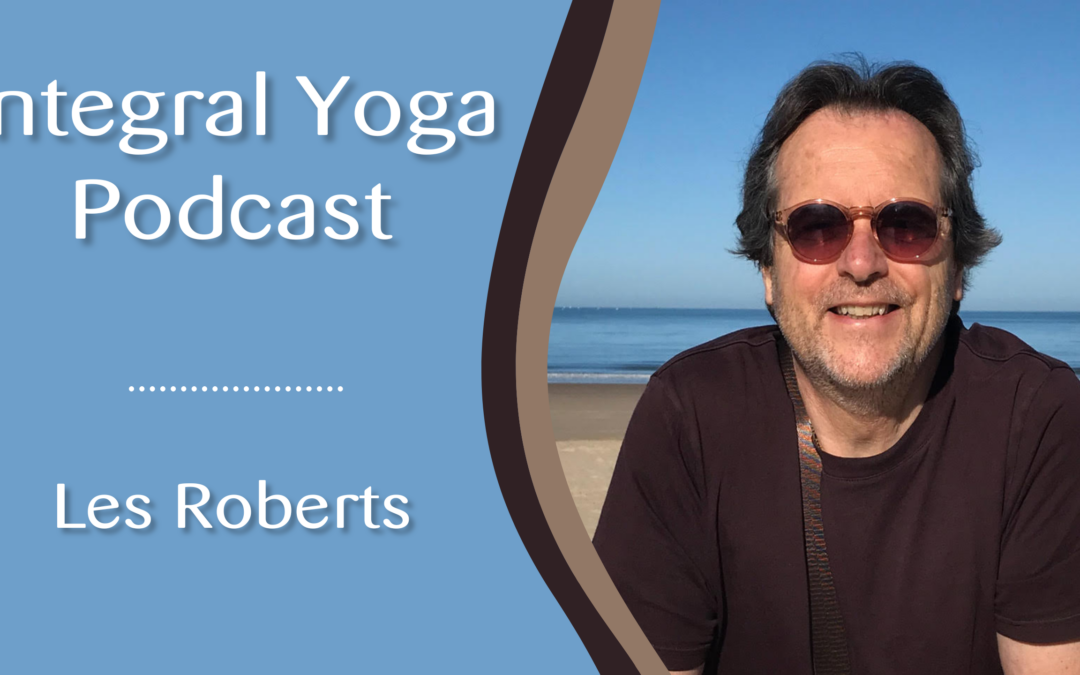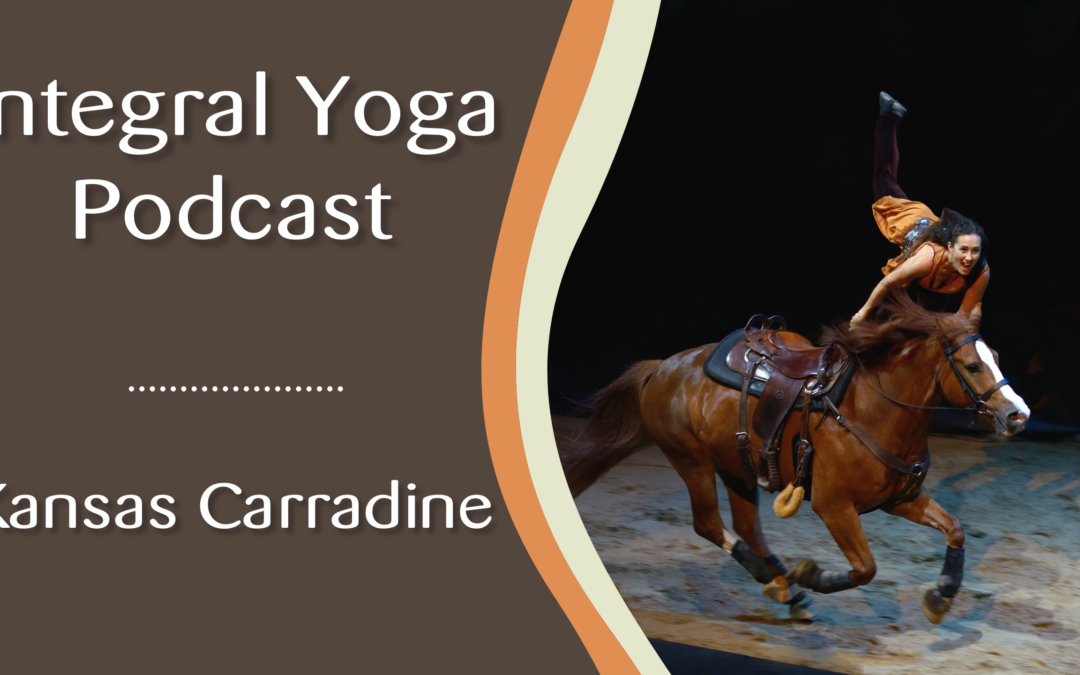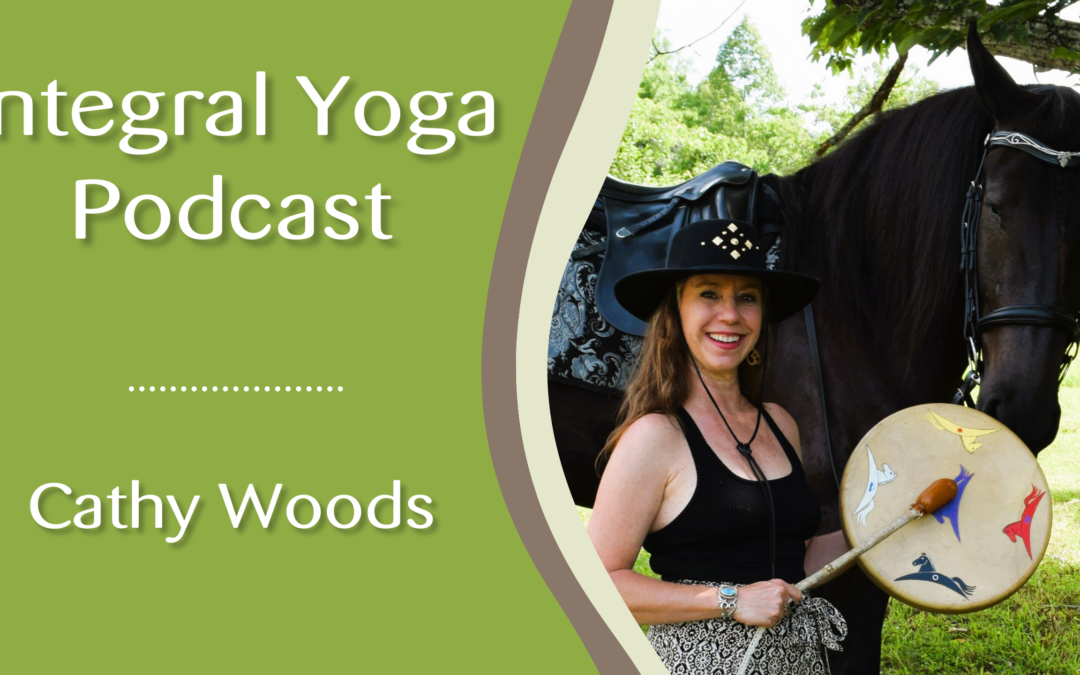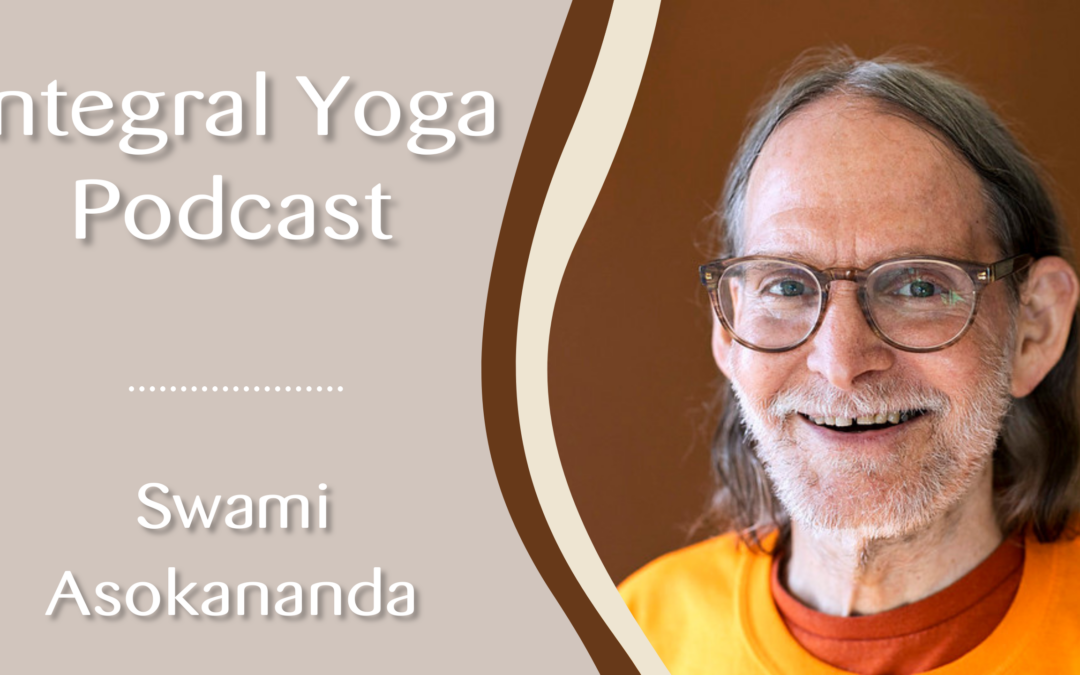Prakash Capen (KAY-pen) left behind her career in broadcasting when she realized her real passion — to serve by teaching yoga. Over the years, she was Director of the Integral Yoga Institutes in Washington DC, Boston, and San Francisco. In San Francisco, Prakash served as Director of Life Enhancement for the AIDS/HIV Study Group, taught a popular weekly meditation & yoga program for people with AIDS/HIV, worked with Dr. Dean Ornish‘s program for reversing heart disease, and began hospice service. A professional writer and editor, Prakash now focuses on concerns for those with chronic illness and disabilities, and, also, teaches application of yoga in daily life Prakash Capen explores yoga as unity, emphasizing its role in bringing people together. She delves into Raja yoga, focusing on the study of yoga sutras, advocating for individual reflection and practical application of yogic principles. Capen addresses the challenge of self-judgment, advocating for a sense of humor in the pursuit of balance. She discusses the tendency to rank individuals in the spiritual realm and underscores the value of openness to diverse perspectives. Reflecting on ego, Capen views it as a functional tool for individuality while acknowledging the ongoing journey of self-improvement and the importance of humility.

Why Simplicity Brings Inner Peace | #126 with Les Roberts
This conversation explores the importance of simplicity and authenticity in spiritual practice, emphasizing the value of honoring diverse paths while staying true to one’s own. It touches on balancing technology with awareness, fostering meaningful dialogue across...






